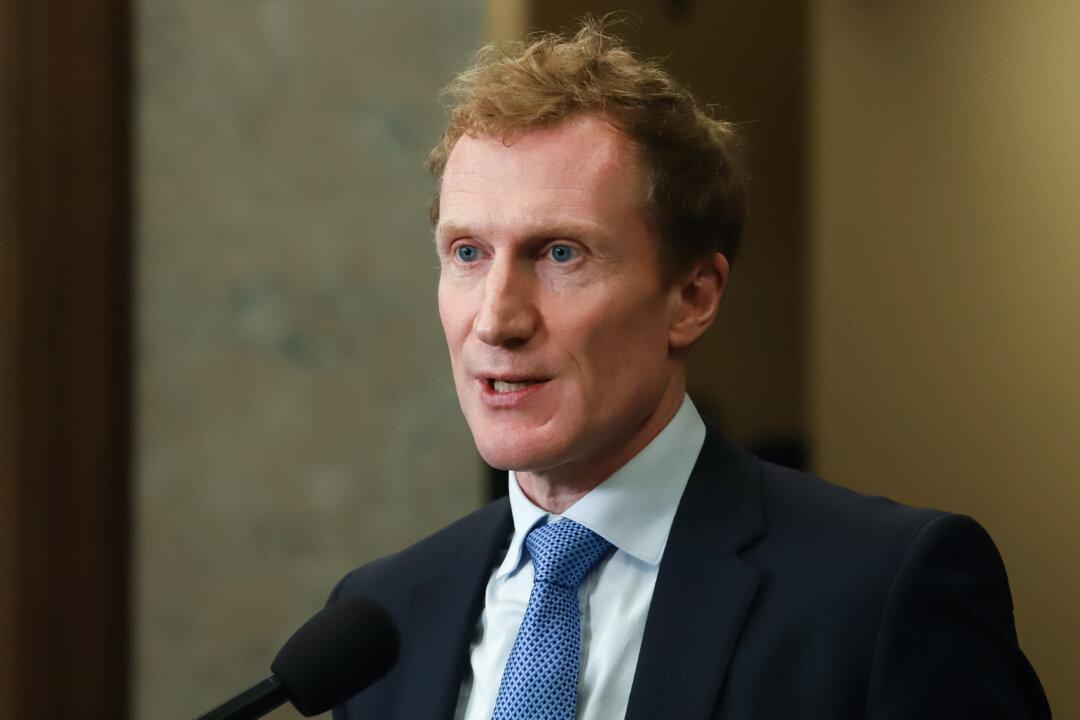The federal immigration department is implementing new regulations that would allow it to address what it calls “unethical behaviour” among universities and colleges that abuse Canada’s foreign student program.
“Amendments would allow the department to effectively respond to integrity challenges and address common occurrences of unethical behaviour that undermines the integrity of the program,” the department wrote in a June 29 “Regulatory Impact Analysis Statement,” which was first covered by Blacklock’s Reporter.





